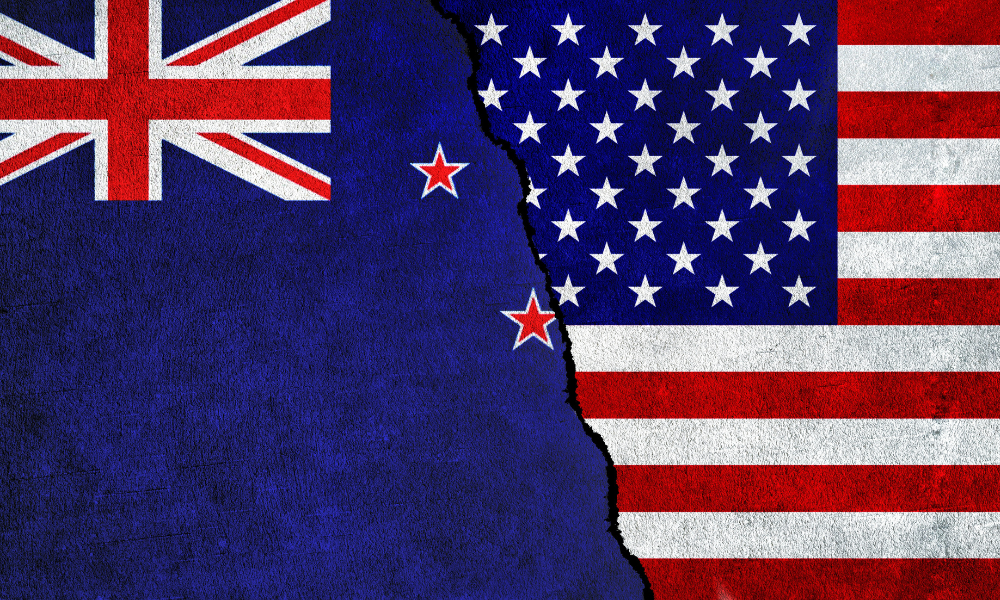
The dispute involved the founder of the now-defunct file-sharing website Megaupload

The Supreme Court has denied an appeal to block the transfer of seized electronic devices to the United States for the extradition case of Kim Dotcom, the founder of the now-defunct file-sharing website Megaupload.
The court refused to grant Dotcom leave to challenge the decision to send original electronic devices seized in 2012 to the United States, where Dotcom faces charges including copyright infringement, racketeering, and money laundering. Dotcom’s legal team argued that sending the devices would violate his rights under New Zealand’s Bill of Rights Act, specifically the right against unreasonable search and seizure.
The case originated in 2012 when New Zealand Police executed search warrants at Dotcom’s residences, seizing devices containing an estimated 150 terabytes of data. These warrants were issued under the Mutual Assistance in Criminal Matters Act (MACMA) in response to a request from the United States for extradition. Dotcom initially succeeded in challenging the legality of the warrants in the High Court, which led to restrictions on disclosing the contents of his devices. However, this decision was later overturned by the Court of Appeal and the Supreme Court.
Dotcom’s latest appeal centred on two main arguments. First, he contended that “mixed-content” devices containing relevant and personal data should be treated differently under MACMA, allowing only relevant data to be shared with US authorities. Second, he argued that a direction to send such devices to a requesting country should not automatically follow once a MACMA warrant is executed. The Supreme Court, however, found no basis to grant leave on these grounds, reasoning that MACMA’s purpose allows for the transfer of evidence to meet international obligations and that sufficient consideration of Dotcom’s rights had been made in earlier rulings.
Additionally, Dotcom challenged the release of undertakings by New Zealand Police not to share his device passwords with US authorities, arguing that he provided passwords in good faith based on these assurances. However, the court rejected this argument, noting that Dotcom had willingly provided passwords to access the devices for his extradition preparation, which inherently involved cooperation with the FBI’s investigation.
In 2021, the Court of Appeal confirmed Dotcom's eligibility for extradition, and the deputy solicitor-general subsequently moved to send both original devices and their cloned copies to the US, prompting Dotcom’s appeal. The Supreme Court upheld previous findings that any potential rights violations had been sufficiently addressed and that Dotcom had ample opportunity to seek judicial review.
With this ruling, the Supreme Court dismissed Dotcom’s application for leave to appeal and ordered him to pay costs to the respondents, effectively concluding this part of Dotcom’s legal battle over extradition evidence.